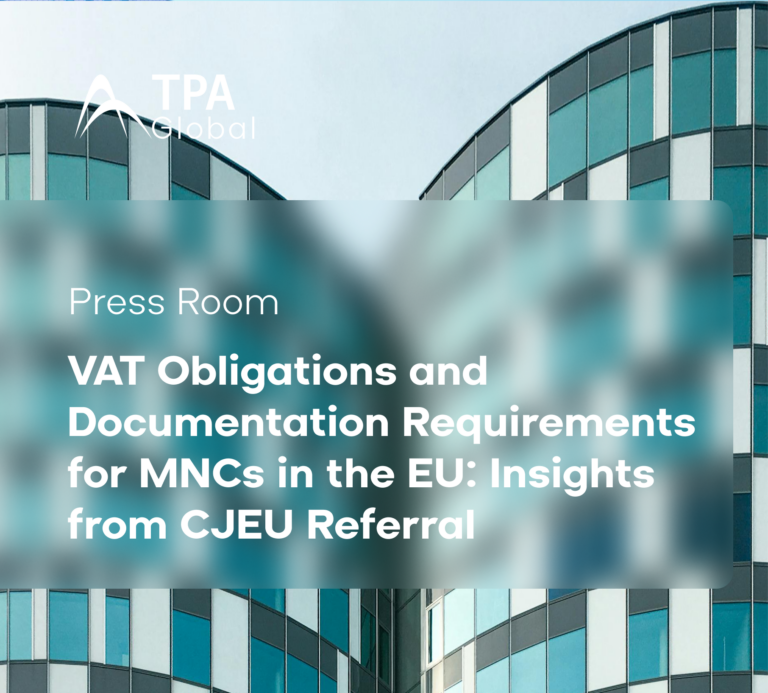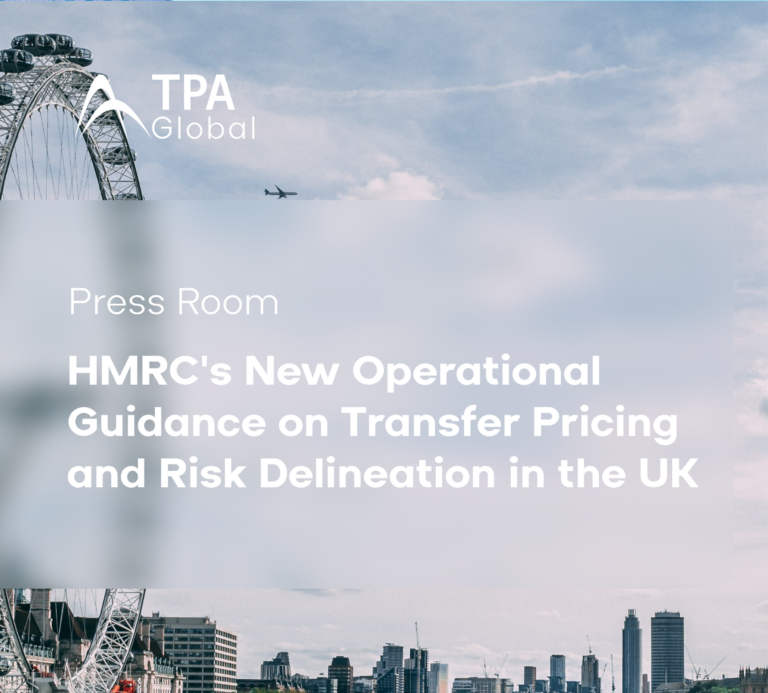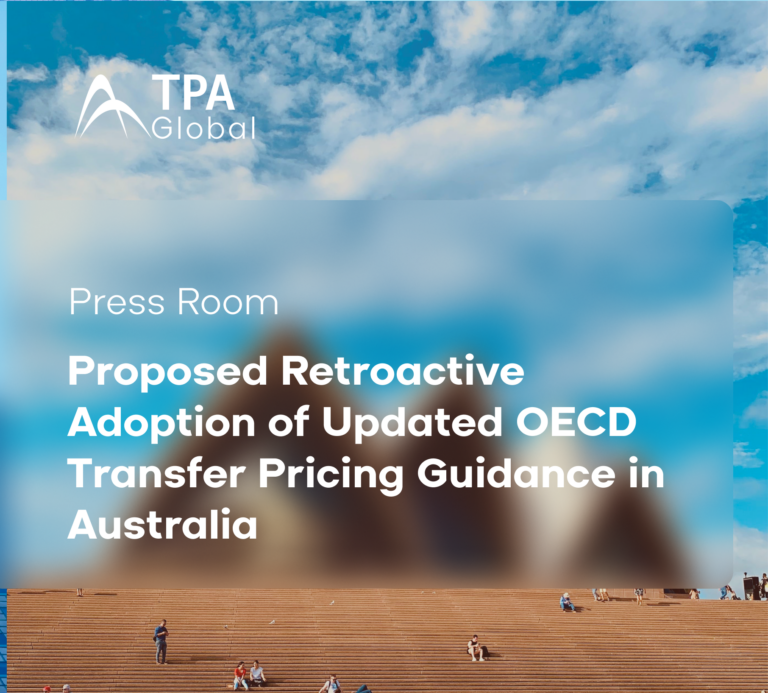The Indonesian Ministry of Finance has introduced an update in transfer pricing regulations with the Minister of Finance Regulation number 172 of 2023, focusing on the Implementation of the Arm’s Length Principle in transactions influenced by a Special Relationship (PMK 172). This regulation, effective from December 29, 2023, brings about crucial changes in transfer pricing documentation, Advanced Pricing Agreements (APAs), the Mutual Agreement Procedure (MAP), and more.
One of the prominent changes involves the revocation of previous regulations including the transfer pricing documentation regulation (PMK 213), the Mutual Agreement Procedure (MAP) regulation (PMK 49), and the Advanced Pricing Agreement Regulation (PMK 22).
A key highlight of PMK 172 is the alteration in transfer pricing documentation requirements. The regulation mandates changes in the preparation, maintenance, and submission of transfer pricing documentation (TPD requirements), as well as the application of the arm’s length principle. Notably, while changes to TPD requirements are deferred until tax year 2024, adjustments in applying the arm’s length principle are imperative for tax year 2023 documentation.
Furthermore, PMK 172 introduces substantive changes to the content of Local Files starting from tax year 2024, particularly focusing on additional certifications for specific transaction categories such as services, intangible property, loans, and financial transactions. However, Master File requirements remain unchanged.
The regulation also provides comprehensive guidance on various aspects including arm’s length pricing for financial transactions, business restructuring, cost contribution agreements, and the application of the profit split method. Moreover, it addresses secondary adjustments, offering taxpayers avenues to mitigate their application under certain circumstances.
Geographical comparability takes precedence under PMK 172, emphasizing the use of comparable data from the same country or jurisdiction as the tested party. Additionally, the regulation stresses the necessity of comparability adjustments to minimize disparities between the tested party and comparable data.
PMK 172 introduces a default single-year analysis approach, shifting the burden of proof to taxpayers for the use of multiple-year analysis. It clarifies the use of ranges in analyzing comparable data and imposes heightened requirements for documenting service and intangible property transactions in the Local File.
The regulation also outlines procedures for domestic corresponding adjustments, addressing transfer pricing adjustments made on transactions between domestic related parties. Additionally, specific guidance for Permanent Establishments (PEs) regarding offshore transactional information provision to the Indonesian Tax Office (ITO) is included.
Lastly, PMK 172 extends the time for Mutual Agreement Procedure (MAP) completion and delineates the interaction between MAPs and the domestic controversy process, providing taxpayers with continued opportunities for resolution until a judicial review decision is issued.
In conclusion, PMK 172 represents a step towards enhancing transfer pricing compliance in Indonesia. Tax professionals should carefully examine the nuances of these regulations to ensure adherence and mitigate potential risks. Compliance with these updated guidelines is essential for businesses operating in Indonesia to navigate transfer pricing complexities effectively.
To keep updated on news, visit our Global News Page.
Don’t miss our most recent updates and articles; follow us on LinkedIn.



